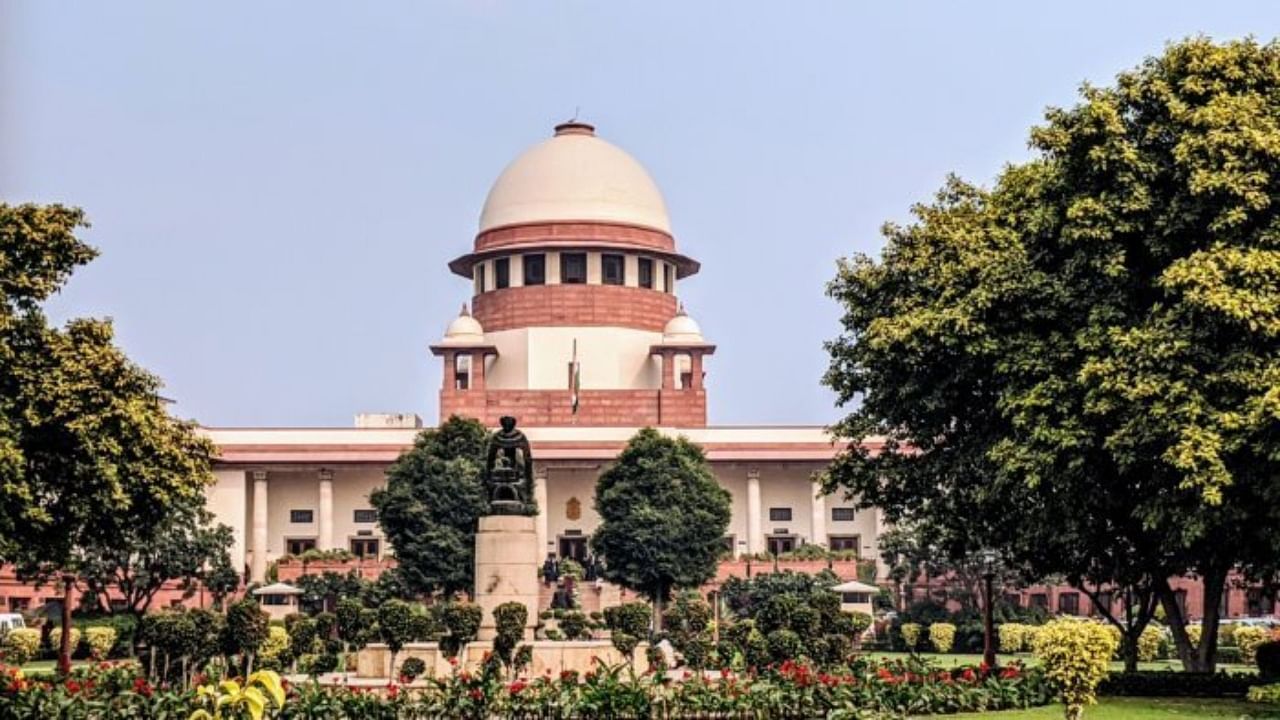
The Supreme Court’s criticism of the tendency of governments to engage in litigation on the most unnecessary grounds and contribute to the backlog of cases in courts must be paid heed to. It observed recently that at least 40 per cent of the cases filed by central and state governments are frivolous. That number would go up if cases filed by civic bodies and by State-owned companies and institutions are taken into account. The court reprimanded the Securities and Exchange Board of India (SEBI) for filing frivolous cases, saying it should be regulating rather than litigating in courts. What caused the observation was a case wherein a state government had filed an appeal against grant of Rs 700 per month to a government employee. The court said that “in filing an appeal to deny Rs 700 per month to someone, the government must have spent over Rs 7 lakh from the exchequer.”
The Chief Justice of India D Y Chandrachud had also recently told the central government to adopt mediation to resolve intra-governmental legal disputes. The CJI had observed that the endeavour of the government and its agencies should be to "mediate, not to litigate”. The central and state governments are the biggest litigants, accounting for about 46 per cent of the pending cases in courts. Cases are sometimes filed on the same issue again and again. Many of the issues in dispute could be resolved departmentally or even ignored. Decisions of dispute settlement forums are appealed. Very often, this is because officials want to avoid responsibility for taking decisions. Cases are also filed to harass, too. The cost of litigation may be more than the amount involved in the case. But the cost does not bother the government because it has a legal machinery to fight cases.
A National Litigation Policy was drawn up in 2010 which was intended to make the government “an efficient and responsible litigant”. It was revised in 2015, but there is no change in the conduct of governments. There is a shortage of judges at every level and the rise in the number of cases exacerbates the situation. When unnecessary, vexatious and frivolous cases are filed, they not only overburden the courts but delay decisions in genuine cases and thus deny justice to deserving persons. The proliferation of cases and absence of decisions in cases pending before courts affects governance, too. Governments should review all cases pending before the courts and withdraw all vexatious and unnecessary cases. Such a spring cleaning will be in the interest of justice and governance.